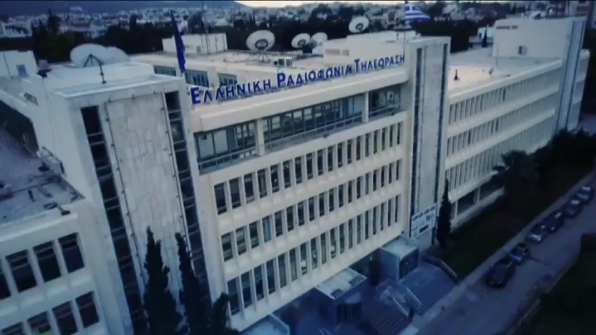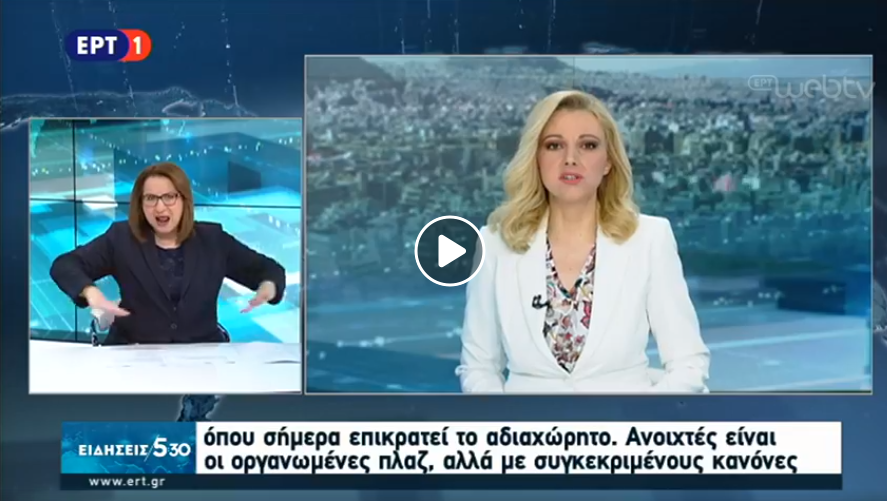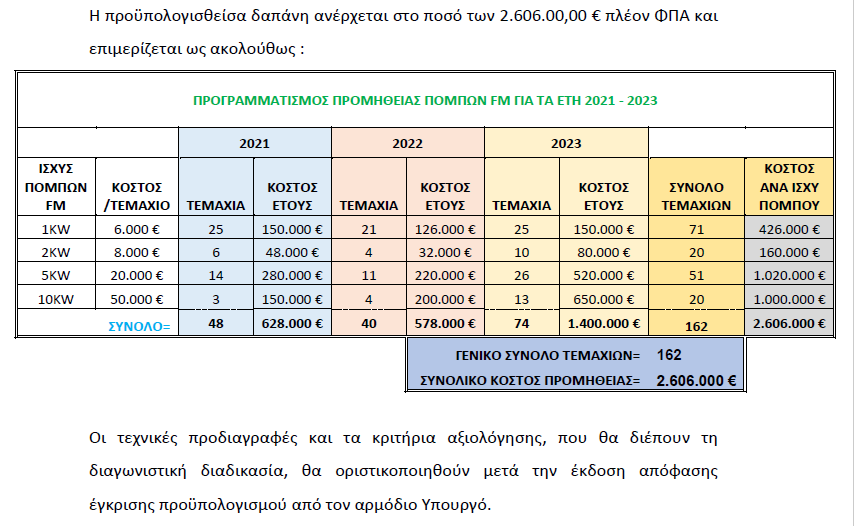After replacing their transmitters (we spoke about this here) they are tackling organisation, radio formats and regional radio stations.

Source
The public radio station has an antiquated, boring style. Their news reporting is not very objective and they have lost 10% of their listeners in the last 10 years. This is a summary of the grim analysis in the presentation given by Grant Thorton, the international consultancy firm chosen to guide them towards the future (see PDF below).
Compared to the 2009-2010 budget, the 2020 budget has been halved (from € 300 million to € 150 million) and investments have been decreased (with the exception of sport). The personnel has been reduced by over 50% (from 4,550, 1,000 are on open-ended contracts, to the present 2,180) and this is in line with other public broadcasters. However, the average age of the staff is high (50 years old), and they are not very flexible. The organigram also needs to be reviewed. It is not easy to recruit competent managers because manager salaries have been cut by 200-300%, thus losing appeal.
The aim is to increase advertising by 50%

Source
According to the Thorton consultants there is a great deal to do in order to capture the public’s attention and gain their trust. The broadcaster’s image needs to be changed, starting from the logo (tenders for redesigning it have already been called) to the formats of the television channels and radio stations. The organisation will be completely overhauled. Six divisions will be set up to produce a more dynamic structure. The objective is to increase advertising by at least 50% by 2022. Today the public broadcaster has only a 3% share of the pie chart comparing advertising volumes (investments in the media in the country), covering only 5% of the costs, whereas other public broadcasters in Europe cover about 20% of their costs with advertising.
Drastic measures

Source
In 2020 the personnel nearing pension age will be offered incentives to take early retirement so that the broadcaster will be in a position to recruit between 100 and 150 applicants on fixed-term contracts. Following this, they will try to attract competent managers by offering special benefits packages. Regarding the format of the TV channels, ERT 1 will be a general channel covering information and entertainment, ERT 2 will concentrate on the arts and culture, and ERT 3 will be dedicated to information about Greece. The radio stations will see fewer changes, apart from ERA2 which will play Greek music of all genres, and ERA Sport which will no longer only talk about football. The regional stations (19 today) do not risk closure but will be subdivided into 11 administrative regions. Time will show: Since the 2009 crisis Greece has become a case study and the population has made enormous sacrifices to stay attached to the European train. The country has picked up and is now trying to make up for lost time. Covid-19 permitting.


